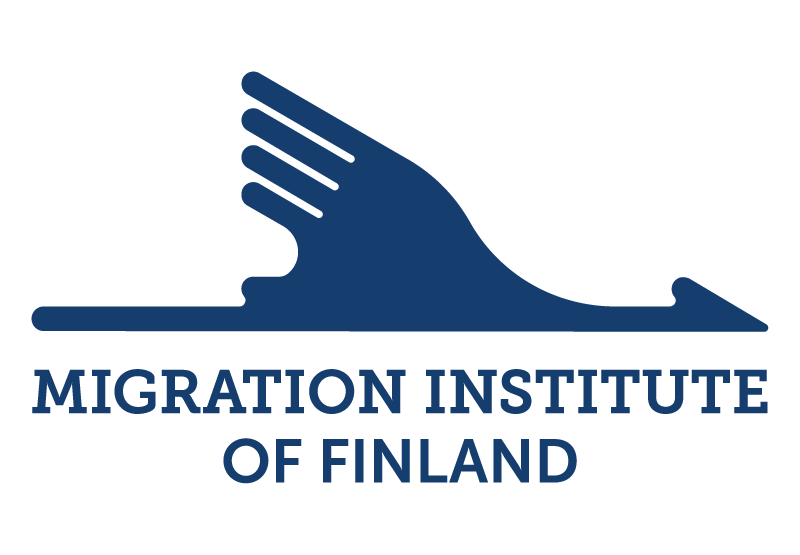Men’s Fertility in Second Unions in Three European Countries: The Effect of Parenthood Status
Keywords:
Male fertility, Stepfamily, Generations and Gender Survey, France, Hungary, NorwayAbstract
In the present paper we investigate how fatherhood influences childbirth in the second union of men in three European countries. We use data from the first wave of the Generations and Gender Survey for France (2005), Norway (2007/8) and Hungary (2004/5) and we apply piecewise exponential event history models. The analysis complements earlier literature by focusing on men, taking a comparative perspective, looking at change over time, considering both cohabiting and marital unions, and also differentiating between the effects of non-residential and (part- or full-time) residential fatherhood.
Findings show that the probability of childbearing in the second union is the lowest if both partners already have child(ren) and highest if neither of them are parents. However we found different results if only one of the partners has pre-union children in the three countries. Findings are discussed in view of demographic trends, family and gender role attitudes, and relevant family policies.








